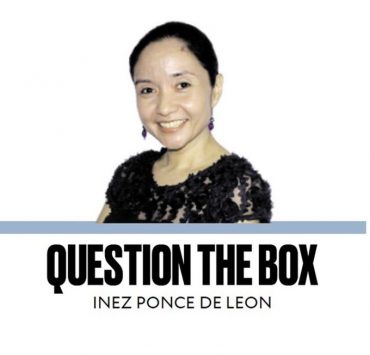Fate of BARMM polls in Senate’s hands

The midterm elections on May 12 holds significant political importance as it can be viewed as a barometer of public sentiment on the current administration’s performance. Just as significant is the fact that the midterm elections were supposed to include the historic, first-ever Bangsamoro Autonomous Region for Muslim Mindanao (BARMM) parliamentary elections. It now appears that this key milestone in the BARMM’s democratic transition could be postponed a second time, following its first postponement when former president Duterte signed a law putting it off from May 2022 to May 2025.
When the Supreme Court issued its decision in September 2024 excluding Sulu from the BARMM, the ruling was cited by some lawmakers to push for the delay of the regional elections. On Nov. 4, Speaker Martin Romualdez filed House Bill No. 11144 which triggered discussions and hearings on the postponement. The bill was passed on third and final reading on Dec. 17, via a 198-4 vote. Meanwhile, its counterpart bill in the Senate, Senate Bill No. 2862 filed by the Senate President, remains at the committee level.
I think there is a consensus on the vital significance of the BARMM parliamentary elections, the culmination of the peace process that has pivotal implications to the national security and economic interests of the country. A successful electoral process is essential to solidify peace and stability in the region. It also represents the transition from an interim government to a democratically elected parliament in the BARMM.
While everyone is generally in agreement on the value of the BARMM elections, there is at present a debate on whether to hold it as scheduled on May 12 this year, or postpone it to May 11, 2026. There is no easy answer as there are compelling arguments being made for and against both options.
It will be challenging to frame the issue in a simple manner given the various factors and circumstances involved, but those supporting postponement say that “it is better to act right instead of fast tracking it, resulting in problems” later. The other side argues that a delay would only prolong the process of finally handing the reins of regional governance to leaders elected by the people, as well as extending the period that BARMM has been functioning without oversight and an independent review of how it has spent its block grant.
Considering where things stand right now, with HB 11144 already approved, the matter is now in the Senate’s hands. It should be noted that any change to the schedule of elections which is stipulated in the Bangsamoro organic law, including postponement, requires an amendment to the law. And this can only be enacted through the legislative process. This means the Senate must pass its corresponding bill, SB 2862, which the President must sign into law.
As SB 2862 is still at the committee level, the issue of time comes into play as well. Congress is currently adjourned and will resume its third session on Jan. 13, 2025. It adjourns again on Feb. 8, one day before the start of the campaign period and resumes on June 2, after the elections. This means that there are only four weeks within which the Senate has to approve SB 2862 and submit a reconciled version for the President’s signature for the postponement to take place. Without this legislative action, the BARMM elections must proceed as scheduled on May 12.
Will the four weeks be enough for the Senate to approve SB 2862? It’s possible, especially if that becomes its sole priority during that period. However, SB 2862 faces opposition from Senate Minority Leader Aquilino Pimentel and Sen. Imee Marcos, who chairs the Senate electoral reforms committee, while Sen. Juan Miguel Zubiri warns of a possible backlash should the elections be postponed a second time.
Whatever the outcome, it is vital that the legislative process be strictly observed. The BARMM elections is a step toward developing and strengthening democratic values and institutions, therefore its conduct or postponement must be done in accordance with our laws and the Constitution.
—————-
Moira G. Gallaga, an author, served three Philippine presidents as presidential protocol officer, and was posted to the Philippine Consulate General in Los Angeles and the Philippine Embassy in Washington.

















